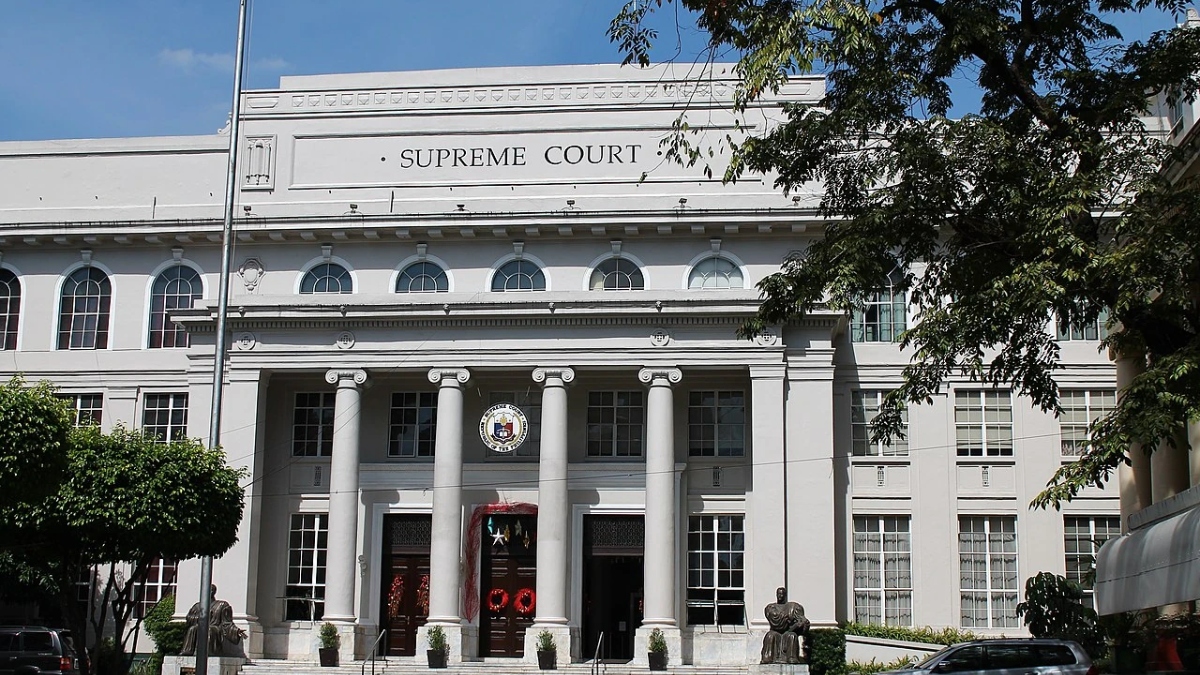Government employees who test positive for illegal drugs should be given a chance to seek treatment and rehabilitation before being dismissed from service, the Supreme Court emphasized in a recent ruling.
In a press briefing, Supreme Court spokesperson Camille Ting explained that drug use and addiction must be seen not only as a legal violation but also as a health condition that needs intervention. This clarification came as the high court upheld a previous Court of Appeals decision finding Muntinlupa City engineer Carlito Salomon guilty of grave misconduct after twice testing positive for methamphetamine or “shabu.”
However, the Court decided to withhold the implementation of penalties. Instead, it ordered Salomon to undergo retesting. If the results come back negative, no treatment will be required, and the Civil Service Commission (CSC) may review his benefits and future eligibility for public office. If the result remains positive, Salomon will have to undergo a drug dependency evaluation and participate in an intervention program.
“Once certified fully rehabilitated and fit to work by his doctor, the CSC shall reassess his status,” Ting said, adding that termination is warranted only for employees who refuse to cooperate or fail to complete the intervention process.
Salomon’s case dates back to 2011, when a drug-testing program initiated by then-Muntinlupa Mayor Aldrin San Pedro led to his selection for a random drug test. His initial test returned positive, but a follow-up confirmatory test was negative. A second random test, however, again yielded a positive result for methamphetamine, confirmed by a Department of Health-accredited facility.
This led to a formal investigation by the city’s Board of Discipline, which recommended Salomon’s dismissal. That decision was upheld by both the Civil Service Commission and the Court of Appeals, citing compliance with Republic Act No. 9165 or the Comprehensive Dangerous Drugs Act of 2002.






